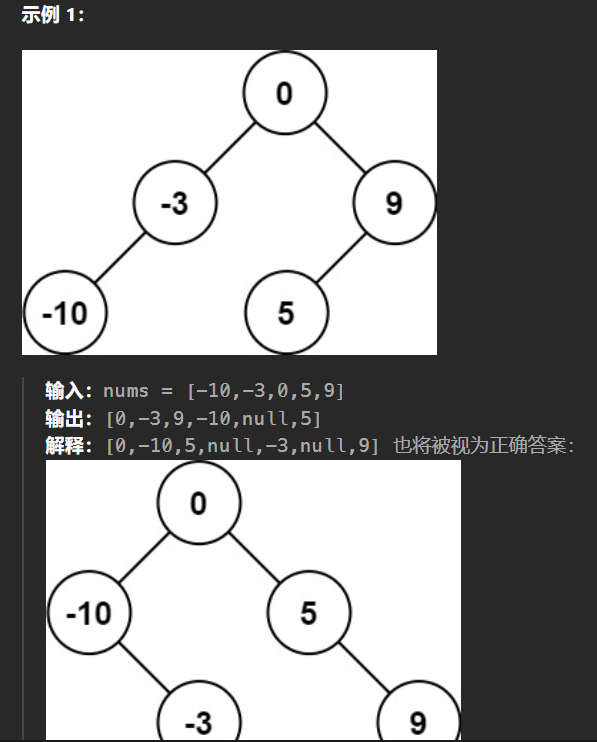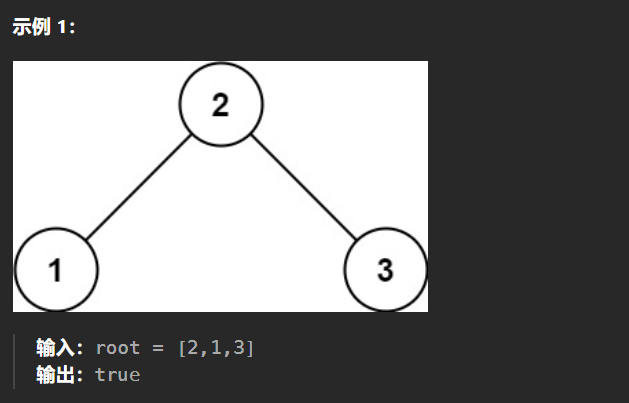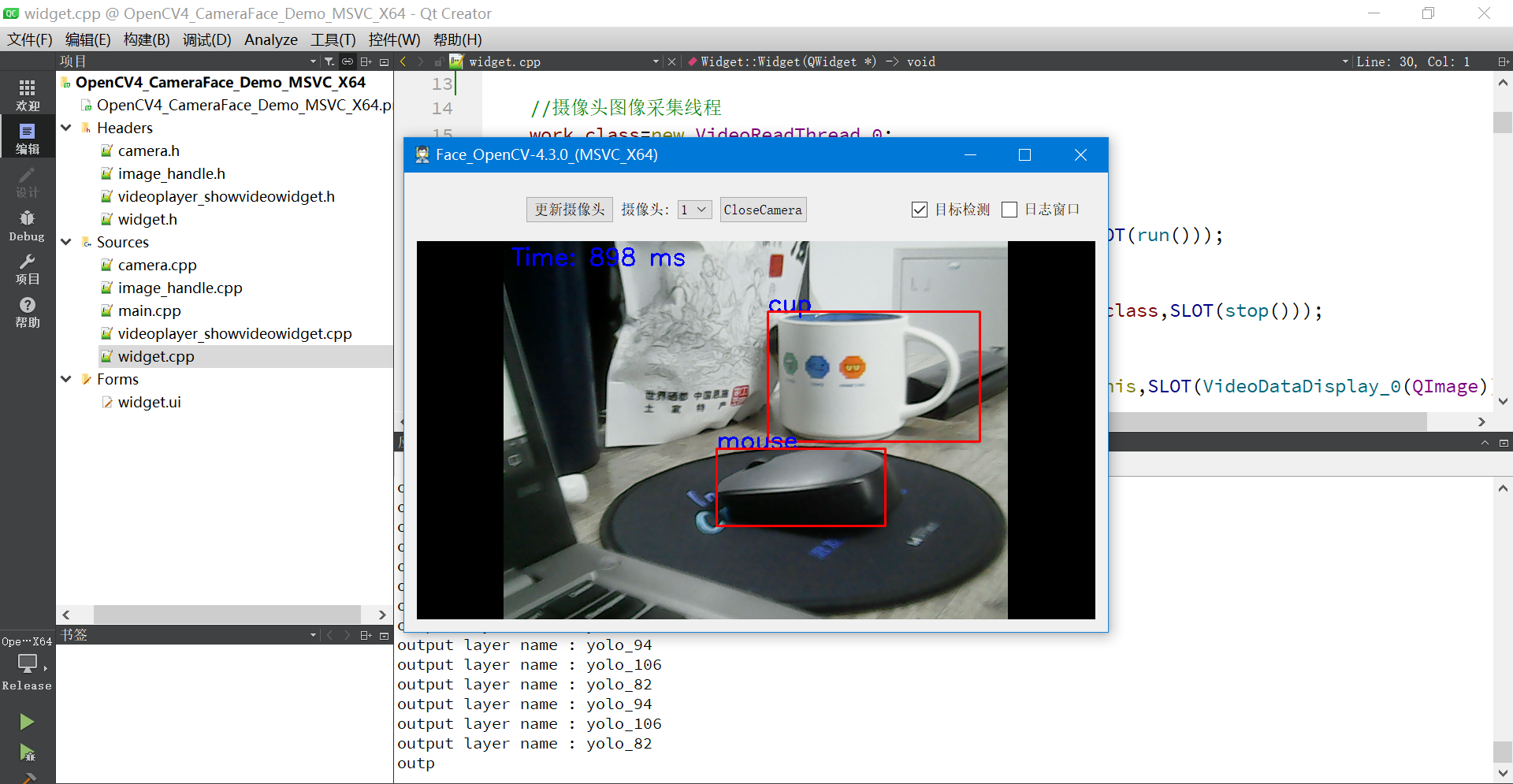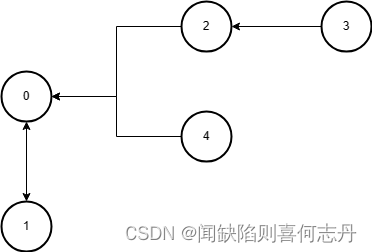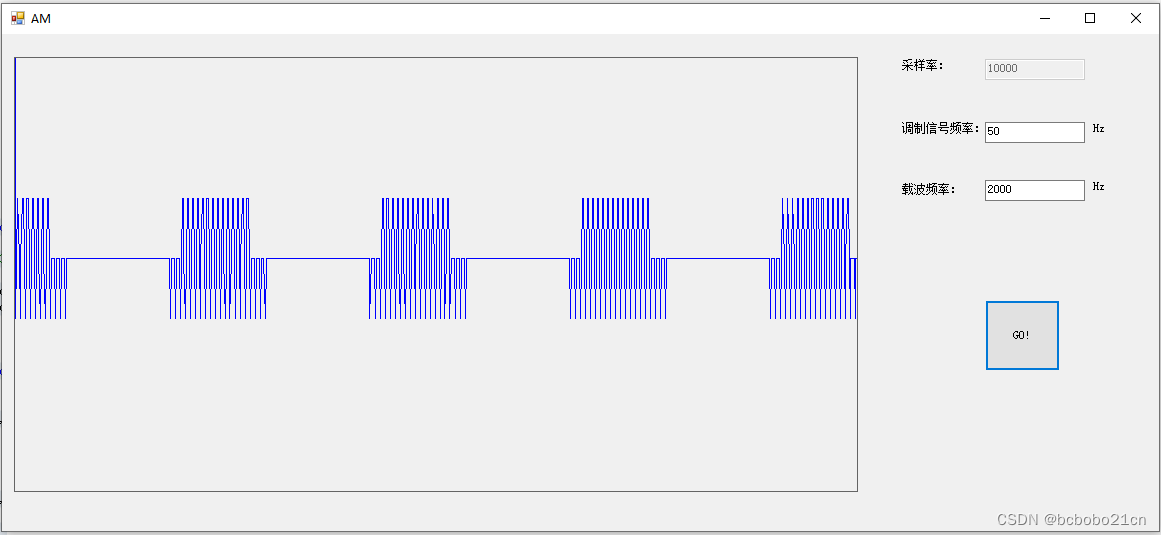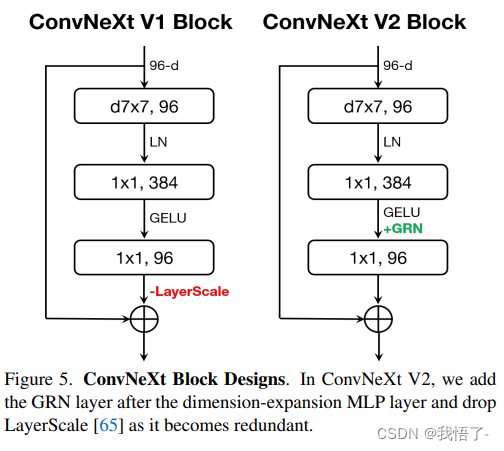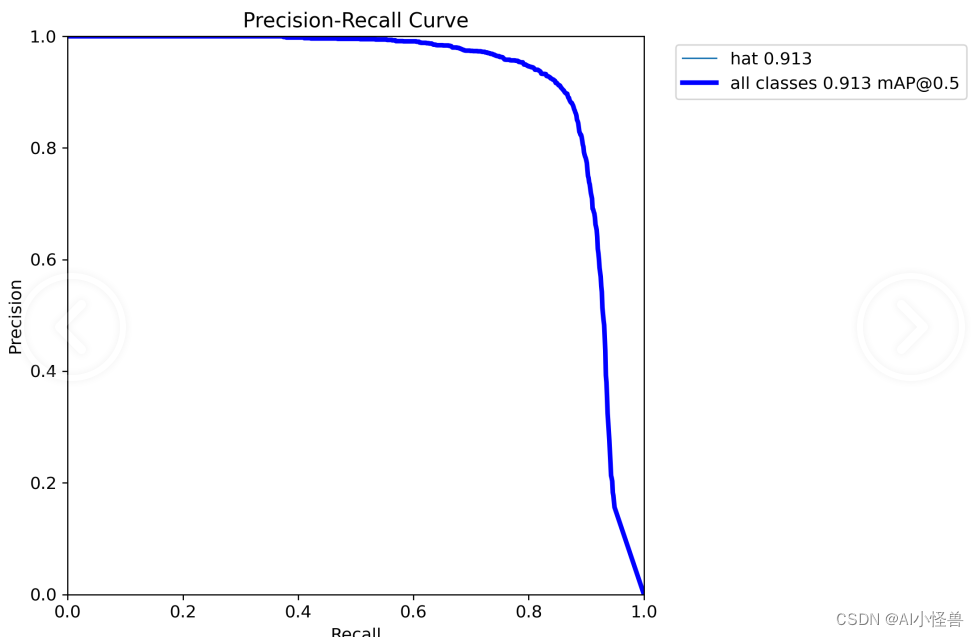W z学长的apex
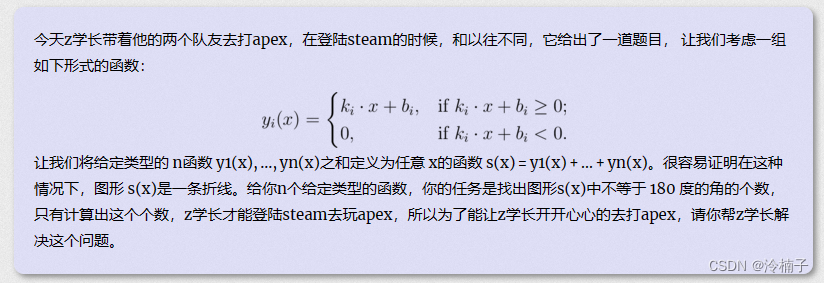
不等于180度的角的个数就是求转折点的个数
而每个y(x)都是一元函数,按照公式每个一元函数的转折点为
s(x)是若干y(x)的叠加,其中一个y(x)有转折点,在对应位置上s(x)也会有转折点
所以所有y(x)函数中不重复的转折点的个数就是答案
#include<bits/stdc++.h>
#define IOS ios::sync_with_stdio(0);cin.tie(0);cout.tie(0);
#define endl '\n'
using namespace std;
typedef pair<int, int> PII;
typedef long long ll;
typedef long double ld;
int main()
{
IOS
int _;
cin >> _;
map<ld, int> mp;
int ans = 0;
while(_ --)
{
ld k, b;
cin >> k >> b;
if(k == 0)continue;
b = -b;
ld res = b / k;
if(!mp[res])ans ++;
mp[res] = 1;
}
cout << ans;
return 0;
}用到了map容器,没学过的可以去学一下,注意开long double,double会被卡精度。
X - tmn学长的贪心

一个小小的思维问题,我们想让差值尽可能的多,其实就是想一种策略:
将a数组从大到小排序
a1 a2 a3 ... an ,使a1 >= a2 >= a3 >= ... >= an
b对应位之上放1 2 3 .... n
这样就可以保证差值不会重复,因为现在a数组是非递增的,b数组是递增的
一个非递增的数组减一个递增的数组,想当然新的数组不会有重复的元素了
解法不唯一,这是我提供的其中一种。
#include<bits/stdc++.h>
#define IOS ios::sync_with_stdio(0);cin.tie(0);cout.tie(0);
#define endl '\n'
using namespace std;
typedef pair<int, int> PII;
typedef long long ll;
typedef long double ld;
const int N = 40010;
PII a[N];
int b[N];
bool cmp(PII A, PII B)
{
return A.first > B.first;
}
void solve()
{
int n;
cin >> n;
for(int i = 1; i <= n; i ++)
{
int x;
cin >> x;
a[i] = {x, i};
}
sort(a + 1, a + 1 + n, cmp);
for(int i = 1; i <= n; i ++)
{
int pos = a[i].second;
b[pos] = i;
}
for(int i = 1; i <= n; i ++)cout << b[i] << ' ';
cout << endl;
}
int main()
{
IOS
int _;
cin >> _;
while(_ --)
{
solve();
}
return 0;
}用到了自定义sort排序和pair数组
Y - DP?贪心!

也是一个思维问题:怎样让分的段尽可能多
从前往后遍历,每到一个数就找前面有无能与它配对的数,如果有就组成一对,最后能产生的对儿数就是答案
思路大概就是这样,对儿与对儿之间的那些数随便归到哪一对儿里去就行,确保每个数都有一个归属就行。
#include<bits/stdc++.h>
#define IOS ios::sync_with_stdio(0);cin.tie(0);cout.tie(0);
#define endl '\n'
using namespace std;
typedef pair<int, int> PII;
typedef long long ll;
typedef long double ld;
int main()
{
IOS
vector<PII> ans;
int n;
cin >> n;
map<int, int> lst;
int r = 0;
for(int i = 1; i <= n; i ++)
{
int x;
cin >> x;
if(lst[x] && lst[x] > r)
{
ans.push_back({lst[x], i});
lst[x] = 0;
r = i;
}
else lst[x] = i;
}
if(ans.size() == 0)cout << -1 << endl;
else
{
cout << ans.size() << endl;
if(ans.size() == 1)
{
cout << 1 << ' ' << n << endl;
return 0;
}
for(int i = 0; i < ans.size(); i ++)
{
if(i == 0)
{
cout << 1 << ' ' << ans[i].second << endl;
continue;
}
if(i == ans.size() - 1)
{
cout << ans[i - 1].second + 1 << ' ' << n << endl;
continue;
}
cout << ans[i - 1].second + 1 << ' ' << ans[i].second << endl;
}
}
return 0;
}
